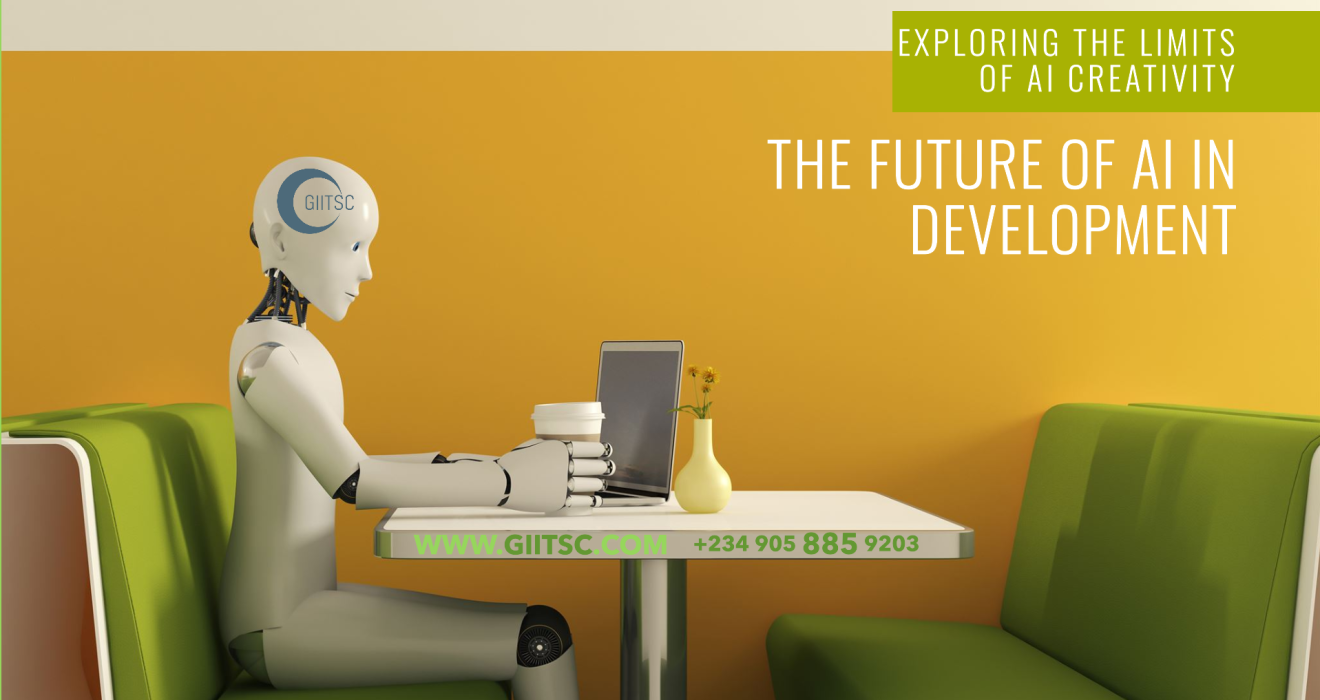Will Developers Be Rendered Obsolete or Rise to New Heights?
AI is already making its presence felt across software development, from writing code to testing and debugging. Here’s how:
- AI-Powered Code Generation
Tools like GitHub Copilot, OpenAI Codex, TabNine, and Kite assist developers by suggesting, completing, or even generating entire code snippets. These tools leverage massive datasets and algorithms to understand syntax and structure, making coding faster and more efficient.
- Benefits: AI tools are incredibly helpful for routine coding tasks, like generating boilerplate code or assisting with syntax. They also serve as a quick reference for developers trying out new programming languages or frameworks.
- Limitations: AI often lacks the nuanced understanding needed for complex projects. Code suggestions are helpful but can lack the specific context required to meet unique project requirements. This means developers still need to validate and integrate AI-generated code manually.
- Automated Testing and Quality Assurance
Automated testing tools, such as Test.ai and Applitools Eye, use AI to run functional and UI tests, generate test cases, and even conduct continuous testing. This cuts down the need for repetitive testing and provides faster feedback on software quality.
- Impact: With automated testing, the quality assurance process becomes faster, leading to quicker releases. But AI-driven tests still require human oversight to ensure coverage and reliability, especially for complex systems that demand strategic testing approaches.
- AI in Debugging and Security
Debugging is a tedious part of coding, and AI is here to help. Tools like DeepCode and Snyk analyze code to identify errors or potential security vulnerabilities. They can flag problematic code and suggest fixes based on established best practices.
- Value: AI-driven debugging can save hours, especially for large codebases. However, debugging often requires in-depth knowledge of business logic and unique project details, which developers are still best equipped to handle.
The Changing Role of Developers in the AI Era
AI is undeniably altering the day-to-day work of developers. Rather than replacing developers, AI seems poised to shift their responsibilities in the following ways:
1. Reduction in Routine Tasks
AI’s assistance in code generation and testing allows developers to spend less time on repetitive, low-level tasks. This gives them more bandwidth to focus on complex problems that demand critical thinking, such as designing algorithms, refining software architecture, or creating custom features.
2. Boost in Productivity and Collaboration
Tools like GitHub Copilot and ChatGPT enhance productivity by offering coding suggestions and filling knowledge gaps. Junior developers benefit significantly from AI-driven insights that assist with syntax or error correction, enabling smoother collaboration with senior developers on complex projects.
3. Shifting Focus to System Design and Strategy
With routine tasks increasingly automated, developers can concentrate more on high-level system design, planning, and strategic decision-making. These tasks require not only technical skill but also creativity, problem-solving abilities, and an understanding of business objectives—areas where human intelligence currently outshines AI.
4. The Need for AI Oversight
AI still makes mistakes. It can misinterpret instructions, propose inefficient solutions, or overlook nuanced requirements. Developers remain essential in validating, refining, and ensuring that AI-generated code aligns with specific project goals.
The Question of Replacement: Could AI Take Over?
Although AI can handle many aspects of coding, replacing software developers entirely faces significant obstacles. Here’s why AI isn’t likely to take over software development anytime soon:
1. Lack of Contextual Understanding
AI is adept at recognizing patterns, but it doesn’t fully understand the complex contexts in which code is applied. Real-world projects are often ambiguous, requiring developers to make informed decisions based on incomplete information—a capability that AI struggles to replicate.
2. Adaptability and Creative Problem-Solving
Software development is far from a linear process. Developers often have to come up with creative solutions, navigate unforeseen challenges, and make trade-offs to meet business goals. While AI can support this work, it lacks the adaptability and intuition that developers bring to the table.
3. Ethical and Security Considerations
- Security Risks: AI-generated code doesn’t always follow security best practices. Developers need to verify and secure AI-generated code to prevent vulnerabilities.
- Ethical Decision-Making: AI can’t always make ethical decisions when it comes to trade-offs in performance, data privacy, or user experience. Developers’ input is crucial in making responsible choices that align with organizational values and ethics.
While AI is transforming software development, it is best seen as a powerful tool rather than a replacement for developers. In the coming years, we’ll likely see more advanced AI tools that further streamline coding and automate tedious tasks. This will allow developers to take on more strategic and creative roles, focusing on architecture, innovation, and high-value contributions.
Conclusion: Embracing AI for the Future of Development
The future of software development is one where AI and developers work side by side, each playing to its strengths. AI will handle routine and repetitive tasks, while developers will continue to provide the creativity, strategic thinking, and ethical oversight that projects require. By embracing AI as an ally, developers can unlock new levels of productivity and focus on what truly makes the work exciting: solving problems, innovating, and building impactful software.
Key Takeaway: AI Won’t Replace Developers—It Will Redefine Their Role
As we look to the future, it’s clear that AI won’t take over software development jobs. Instead, it will redefine what those jobs look like, allowing developers to work more efficiently and creatively. For those in the field, this is an exciting time—an opportunity to harness AI’s potential and take on more strategic, fulfilling roles in software development.
Check out LinkedIn: https://www.linkedin.com/pulse/tech-turmoil-can-ai-truly-replace-creative-25pwf/?trackingId=ixp3bT5rDZd00iXPPQm8og%3D%3D
Similar Post: https://giitsc.com/2024/10/04/code-smarter-practical-ways-of-using-ai-in-software-development/


1 Comment-
Pingback: AI skills will define top developers by 2026. Here's why.